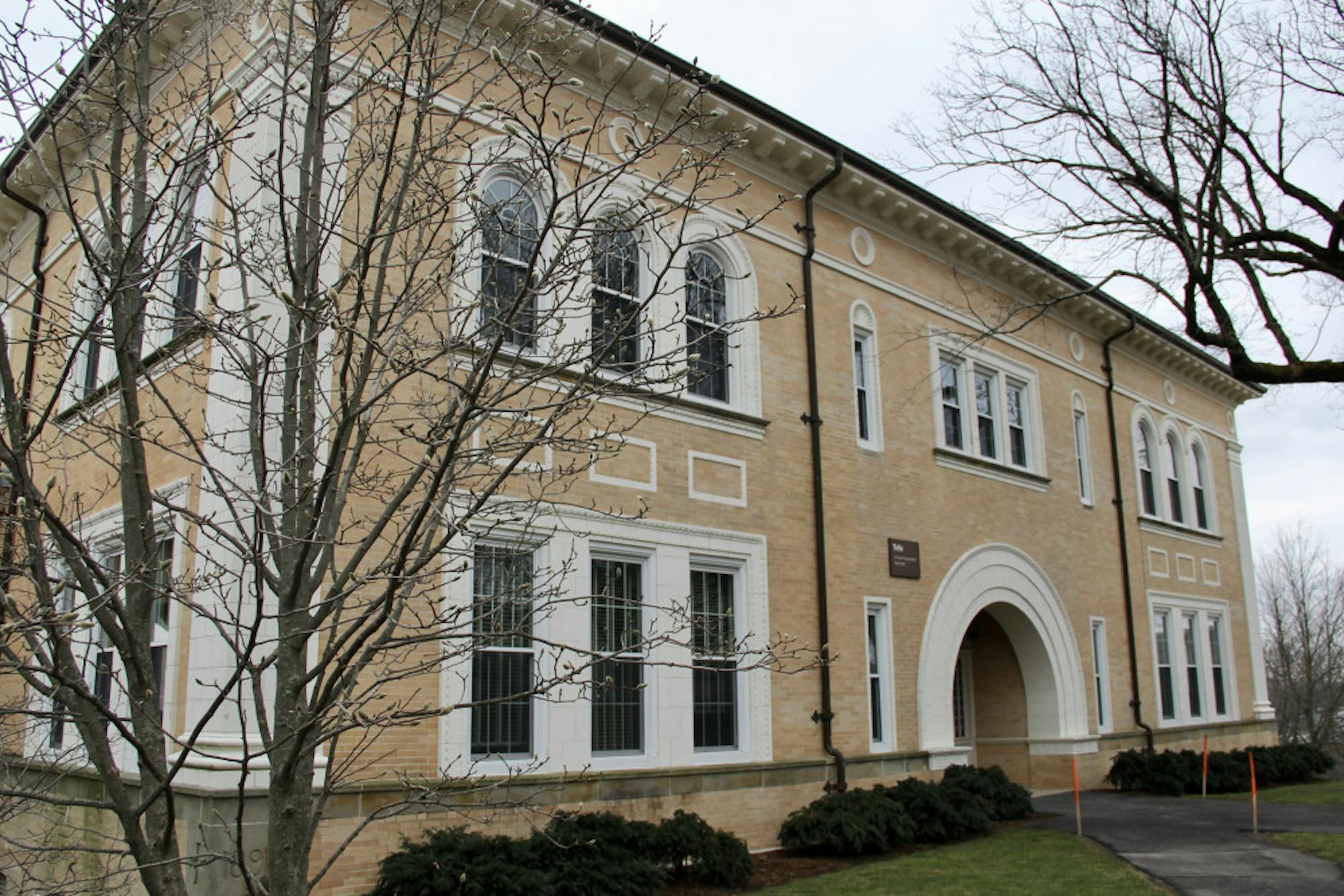Over the past few years, whenever someone outside the Tufts bubble asks me what I am majoring in, I usually glibly respond “economics.” This is only a half, or maybe a quarter, of the truth. I am not an economics major, but I have taken enough courses in the discipline to know that my interests lie elsewhere. Responding in this way allows me to avoid the raised eyebrows and back-and-forth discussion that occurs when I say that I am a philosophy and international relations double major. These experiences have made me reflect upon the value of a college education.
In 1960, less than 8% of the U.S. population had a college diploma. As of 2022, that number has increased to around 38%. We can infer from this data that more people recognize the value of a college education and that progress has been made in eroding the historical barriers to accessing it. Alongside this rise in Americans pursuing higher education degrees, more and more employers require their employees to possess a college degree — even in roles where non-college educated individuals are perfectly capable of doing the necessary work. This is a phenomenon known as “degree inflation.” A 2018 study by the Harvard Business School indicated that degree inflation is leading to inefficiencies in the labor market by making middle-skill jobs much harder to fill. Furthermore, even once these positions are filled by college graduates, they are subject to high turnover rates. If college graduates are increasingly filling roles where a college education is not necessary to perform the duties required, then what is its value other than mere credentialization?
Philosophers who study value theory distinguish between instrumental and intrinsic attributions of value. Something is instrumentally valuable to me if it allows me to attain a certain end. On the flip side, something is intrinsically valuable if it is valuable in and of itself without considering its use value. To put this into less abstract terms, think of a hammer. We could say that the intrinsic value of a hammer is found in its material components — the wood and the metal or rubber that is used to make it. However, a hammer can have various instrumentally valuable uses as well. To state the obvious, you can hammer a nail with it.
College is both instrumentally and intrinsically valuable. It is instrumentally valuable in that when you present your degree to employers, you are using the degree to signal certain attributes such as your intelligence, ability to complete assignments on time and accumulation of valuable skills. A college education is also instrumentally valuable for forming a network with your peers and connecting with individuals who may help you later in your career. However, if Tufts saw itself as merely instrumentally valuable, it would offer a lot more classes focused on Excel and maybe even a finance major. In reality, most of the material you learn in college will not be directly relevant to your career. This is not necessarily a bad thing. Furthermore, we simply do not know what skills jobs will demand of us in 20, 10 and even the next five years. There is no need to overhype the promise of artificial intelligence, but its rapid advancement is already changing the nature of white-collar work. So, to those who say that college should just be about job preparation, I say that fulfilling such a purpose would be largely impossible and maybe even undesirable.
University President Sunil Kumar states that the purpose of a Tufts education is “to be the light on the hill, … not to show off that it is brighter than others, but to make sure that it provides light that others can use to advance their own lives.” The fact that Kumar’s vision sounds lofty is of no surprise. It is incumbent upon him and any university president to give a visionary account of what purpose a degree from their institution should serve. In Tufts’ case, it has a mission to affect social good. This is another example of instrumental value that can be harmonious with the view of college as job preparation.
While the instrumental uses of a college degree are important, and even necessary, let’s not brush aside the intrinsic value of education. I often hear from certain peers that they are planning to take a certain class solely because they have heard that it is easy or that it does not have many assignments. They reason, “Why should I have to take a challenging class when I can take an easy class without affecting my employment outcome?” These students have internalized a purely instrumentalist account of the value of a college education. They do not believe there is value in pursuing interesting and maybe even challenging classes for their own self-enrichment. This is a misguided view that has only been bolstered by the professionalization of our studies. I am somewhat amazed at the people I know studying economics who have already applied to the prestigious subset of investment banking internships in just their first year. This encroachment has snuffed out many of these individuals’ propensity to explore and pursue areas of interest outside their field of study.
Maybe, from now on, I should be more emphatic about my majors, recognizing that I too have been internalizing this flawed view of what a college education is all about. Let’s not cheat ourselves by forgetting the value of learning for learning’s sake. We do this to our own detriment.






